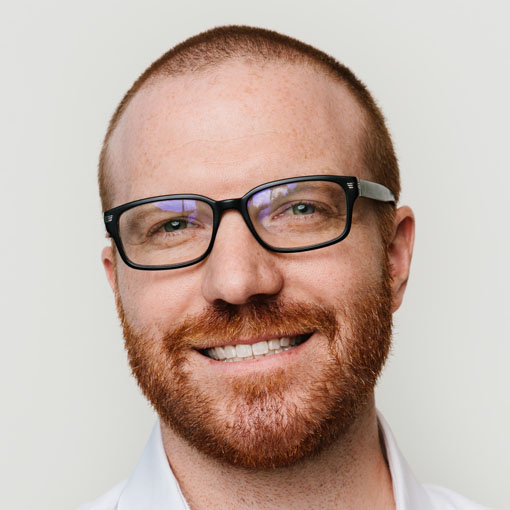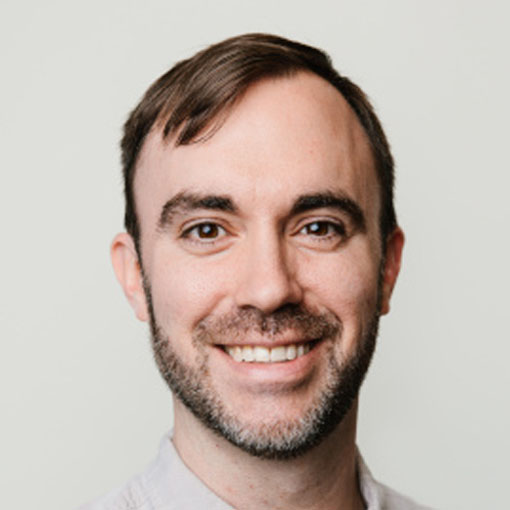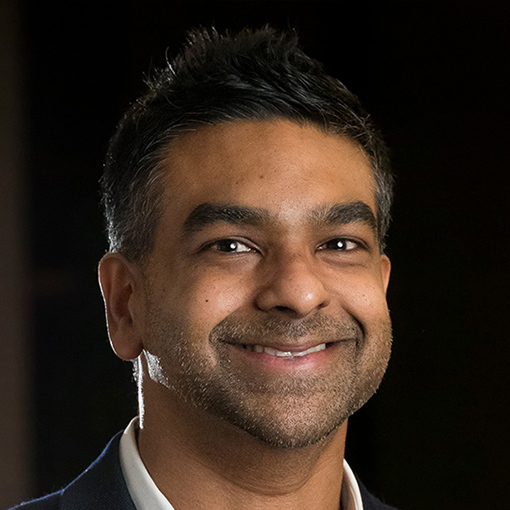Faster, More Efficient Trials: Novel Trial Designs using Digital Twins
Innovation in trial design doesn’t have to involve increased risk or resources. Through the use of powerful computational models and rigorous statistical approaches, Digital Twins can increase the confidence of the results and reduce sample size. Join Unlearn Founders Charles Fisher, CEO, and Jonathan Walsh, Head of Data Science, as they walk through novel trial designs incorporating Digital Twins. They will demonstrate how and why adding Digital Twins to trial protocols can increase the likelihood of technical success and accelerate the clinical research process.
- How Digital Twins can recover or increase the power of a trial
- How Digital Twins can reduce the number of patients needed to enroll in a trial
- Applying statistical analyses within FDA guidance
this webinar is part #2 of
Powering Clinical Research with AI
Clinical trials are critical for developing new treatments, but face chronic challenges, such as optimal trial design, enrollment, costs, timeline delays, and high failure rates. The gold standard of trial design is randomization, but it is not always ethical or feasible to set up a trial where the control group receives a standard of care or a placebo. Leveraging historical data sets and novel machine learning methods, Digital Twins, or statistically indistinguishable virtual placebo patients, can be generated to match actual patients in clinical studies. Adding external control arms populated with Digital Twins, called Intelligent Control Arms, can streamline clinical trials, increase power, and decrease enrollment, without adding regulatory risk. The FDA has expressed support for innovation in trial design and alternative forms of evidence - Digital Twins are the next frontier for modern trials.
In this 3 part webinar series, you will learn about:
- AI and Machine Learning
- Digital Twins, what they are and how they are created
- Specific use cases for Digital Twins
- Trial designs and statistical approaches to increase power and accelerate timelines
- The regulatory landscape and support behind solutions like Digital Twins
Who should attend?
- Biostaticians and statisticians
- Business Development/Partnerships, Commercial Teams
- Data Science
- Medical Directors, Principal Investigators, Clinical Research Leads
- Regulatory Affairs





